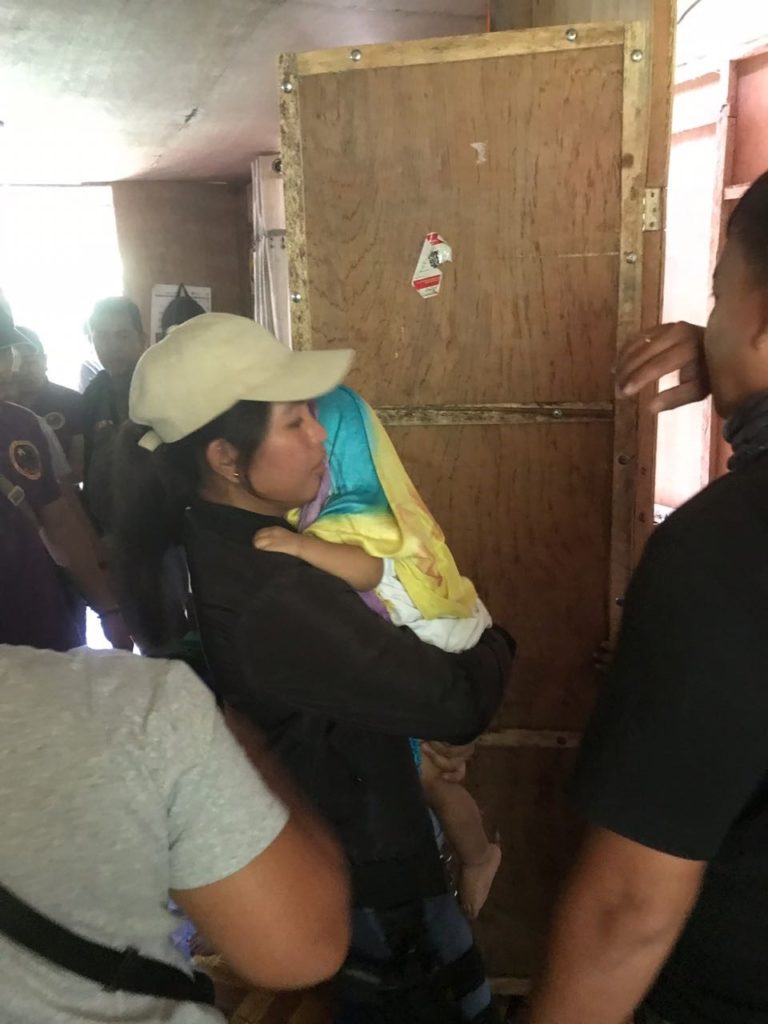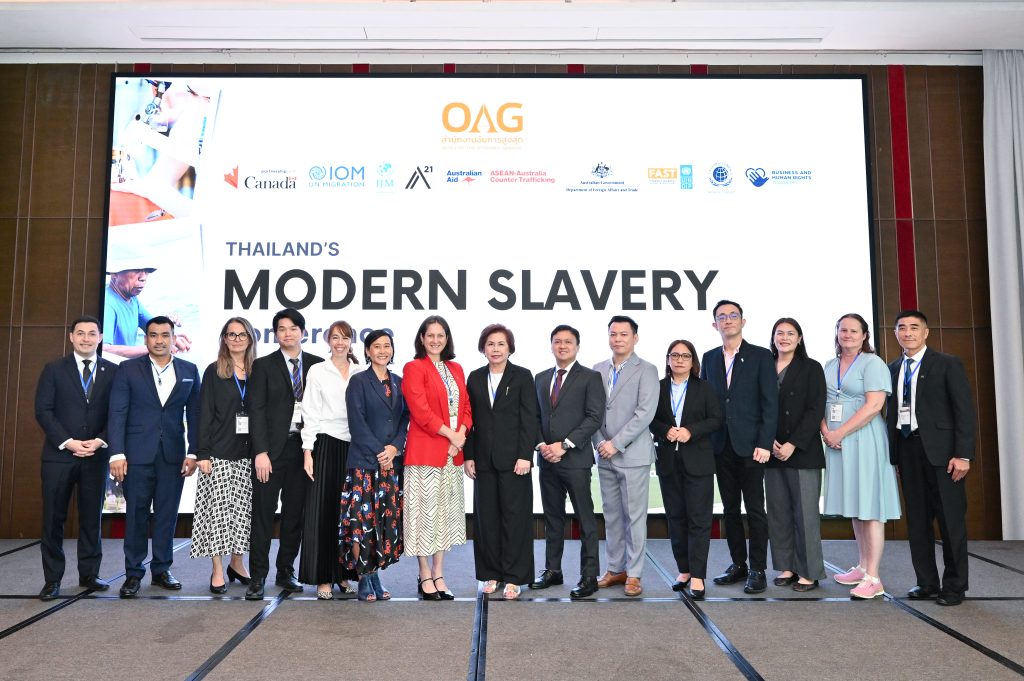Asia-Pacific
5 raids in 6 days thanks to training with AFP

Fifth successful cybersex trafficking raid in 6 days resulted in the rescue of 3 victims, including a 1-year-old girl and the arrest of one suspected trafficker.
MANILA, PHILIPPINES
14 June 2018
A 10-day international collaborative training resulted in the removal of 13 children and the arrest of 5 suspects in cases of online sexual exploitation.
The Australian Federal Police (AFP), Dutch National Police (DNP) and anti-slavery non-governmental organization (NGO) International Justice Mission (IJM) collaborated on a 10-day training for the Philippine National Police (PNP) and National Bureau of Investigation (NBI). The purpose of the course, which took place between May 28 and June 8, was to train Philippine law enforcement officers on how best to combat online sexual exploitation of children (OSEC).
Cybersex trafficking, another term for OSEC, is an international epidemic that victimises the most vulnerable. According to IJM’s data, 55-percent of the victims in these cases are children aged 12 and under.
Cybersex trafficking is a borderless crime where perpetrators in one country create and distribute sexually abusive and exploitative material of children to perpetrators in another. Though OSEC content can be photographs, law enforcement experts say the most serious forms include pre-recorded or live-streaming videos of child sexual abuse—typically at the direction of a foreigner residing outside of the country of production.
The comprehensive 10-day training covered advanced investigative techniques that to date include five rescue operations, resulting in the rescue of 13 victims, and the arrest of 3 suspected traffickers in the Philippines. Additionally, 5 children, identified as being at risk of being trafficked were removed during the raids.
“OSEC is a global crime that requires a global solution and that solution is the implementation of consistent international law enforcement collaboration,” noted one of trainers from IJM Manila’s investigations team.
The successful outcome of the multi-collaborative training effort was, in part, the result of intelligence gathering by a number of international law enforcement entities.
INTERPOL’s Internet Crimes Against Children Unit, US Federal Bureau of Investigation (FBI), Nordic Liaison Office (NLO), National Crime Agency (NCA), AFP and DNP all provided pre-training referrals of suspected children at risk and facilitators believed to reside in the Philippines. As is standard practice, the referrals were provided to the Philippine law enforcement officers assigned to PNP Women’s and Children’s Protection Center (WCPC) and NBI Anti-Human Trafficking Division (ATHRAD).
In a written statement provided to IJM, the AFP said,
“The Australian Federal Police welcomes the opportunity to collaborate with the Philippine National Police, Philippine National Bureau of Investigation, International Justice Mission and other foreign law enforcement agencies to assist in the prosecution of Philippine based OSEC offenders and importantly help with the rescue of young and vulnerable Philippine children. Ongoing cooperation with Philippine authorities provides an opportunity to identify Australian based customers of Philippine produced OSEC which may result in prosecution of Australian based offenders.”
Successful operations were conducted in the provinces of Tarlac, Cebu and Davao.
Capas, Tarlac—PNP-WPCP’s Anti-Trafficking in Persons Unit conducted a raid on a home in Northern Luzon region. The June 7 operation resulted in the rescue of two female children, ages 9 and 12, and the removal of three male children believed to be at risk for trafficking, ages 5 months, 7 years and 8 years. Investigators also arrested one female suspected trafficker—a relative of one of the victims (whose name is currently being withheld for the protection of the minor victims)—and one 18-year-old woman, currently considered a victim. Intelligence on the case came from INTERPOL’s Crimes Against Children unit.

Rescue operation in Capas, Tarlac


Cordova, Cebu—On Jun. 9, PNP-WCPC, Visayas, in conjunction with IJM Cebu, completed the final steps in a case they had been investigating prior to the AIW training. Information gathered both before and during the training resulted in an initial rescue of three female victims, ages 18, 12 and 3 and two males, ages 7 and 5.
Intelligence gathered from the first rescue operation led investigators to locations of three additional victims. As a result, two follow-up operations were conducted in the hours following, resulting in the rescue three females ages, 18, 16 and 15.

Social workers escorting victims, Cordova

Suspect in handcuffs, Cordova
Pequeño, Davao—WCPC members from the Mindanao unit conducted a successful rescue operation on a home in Davao on June 13. The operation resulted in 3 victims rescued, a 16-year-old male and a 7-year-old female were removed and 1 female suspect arrested. Of the confirmed victims, one 6-year-old boy, one 1-year-old girl and an 18-year old female were rescued. The original intelligence came from the NLO.

Rescue operation in Pequeño


In a written statement, attorney Sam Inocencio, National Director for IJM Philippines said,
“IJM’s theory of change is clear: ‘When violent offenders are held accountable for their crimes, the abuse of vulnerable victims is dramatically reduced.’ The recently concluded AIW is testament to the high value of cross-border collaboration among law enforcers in order to achieve this change.”
For more information and media enquiries contact Bianca Bryson at IJM Australia: contact[at]ijm.org.au.




